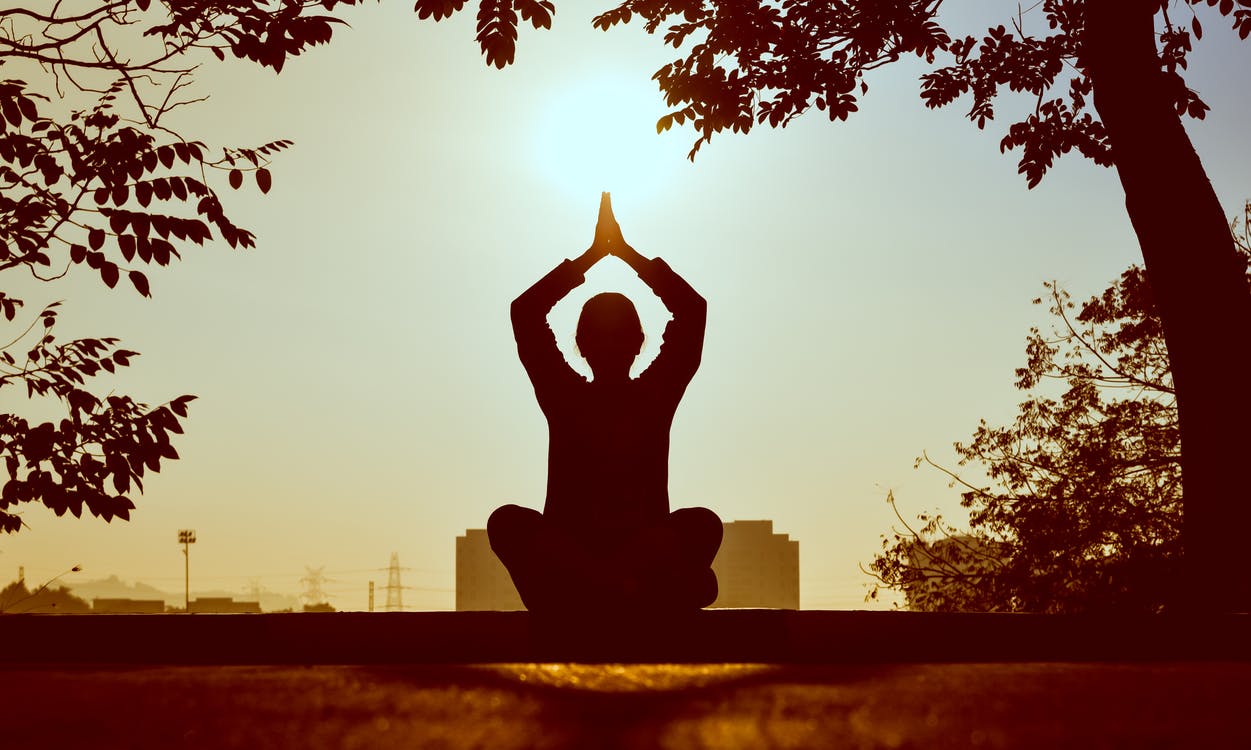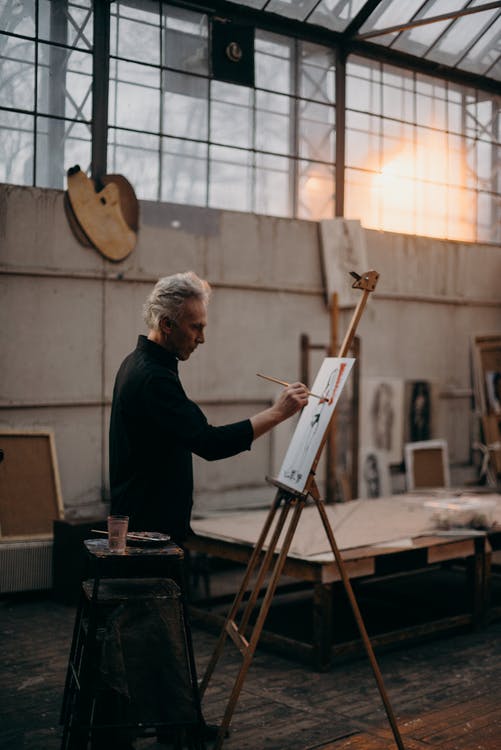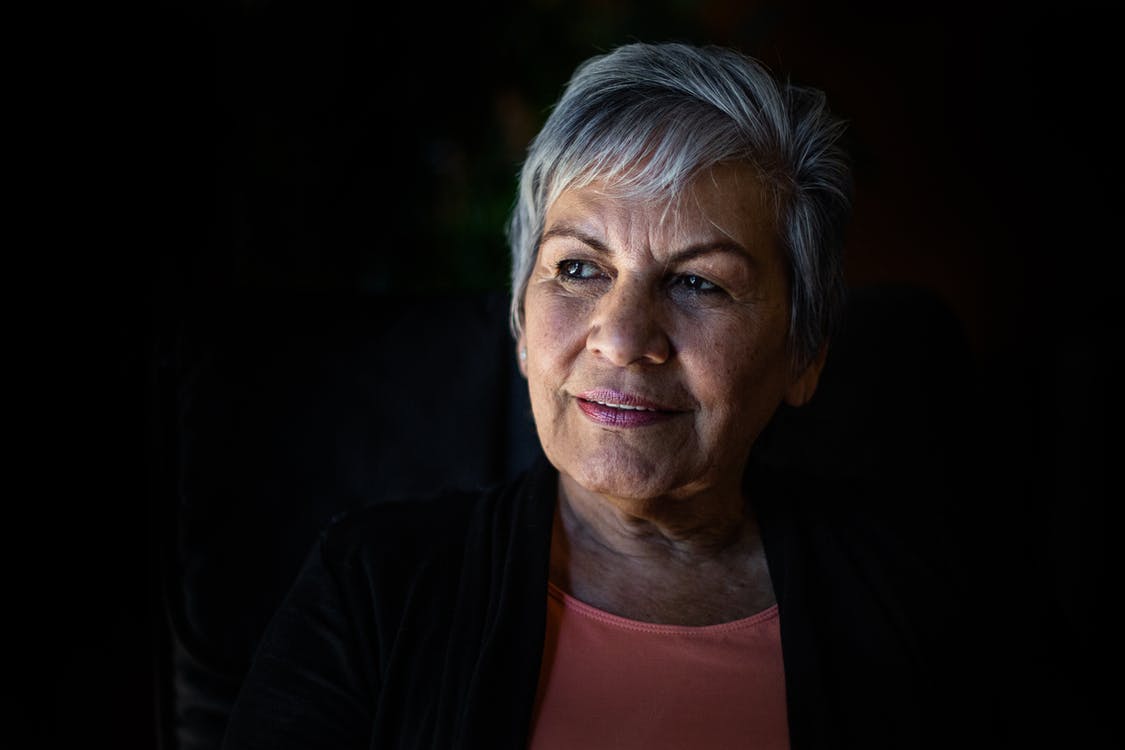Growth
For continued life, there must be continued growth. We feel more alive if we are stimulated by new learning and new experiences.
Developing knowledge, skills or interests should characterise all phases of life. When we are younger, our education and our work necessitate growth – but later we must work out for ourselves how to grow. We may develop interests which are completely new. Or we may find ways to deepen the knowledge or skills that we started to acquire in earlier periods.
Growth usually requires effort. But this effort is rewarded by a sense of vitality or freshness.





